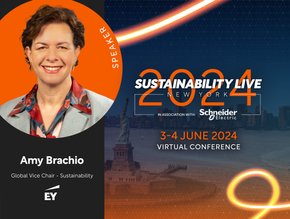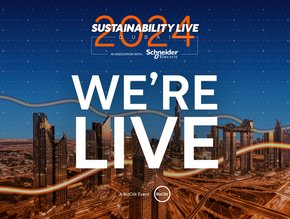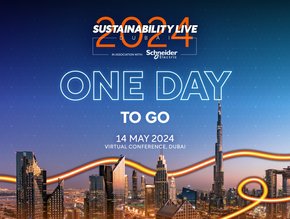Energy Transition Accelerator convenes, spurring investment

The Energy Transition Accelerator (ETA) is an initiative that seeks to get private capital put to good use in catalysing the transition from fossil fuels to clean power in developing. This effort – which is composed of the US Department of State, The Rockefeller Foundation, and the Bezos Earth Fund – had its first meeting of its High-Level Consultative Group (HLCG) this week.
The meeting, which was a virtual one, included representatives from those entities (such as US Special Envoy for Climate John Kerry), members of the HLCG, intergovernmental leaders, players from the private sector, civil society leaders, and other representatives from Africa, Asia, Europe, Latin America and the United States.
The meeting follows the announcement in January of a preliminary lot of members in addition to a set of principles. The full list of partners was announced this week.
The ETA is driven by the goal to stay within the 1.5°C warming limit through encouraging energy transition in developing countries that is driven by private investment. In order to achieve this, annual investment in clean energy must increase considerably – triple to $4.2trn - by 2030. Over half of that money must go to developing economies.
Investing intelligently
Among the ETA’s tactics for achieving this level of investment is the leveraging of demand for high-quality carbon credits. This, the thinking goes, will accelerate the adoption of clean power at the expense of fossil fuels.
As well, the largesse of finance generated by the ETA will partially be given over to expanding green energy access, creating jobs and spurring economic growth.
Among the permanent members announced this week are the following: Science Based Targets Initiative, the UN Environmental Programme, Natural Resources Defense Council, the Africa Climate Foundation, and the International Energy Agency.






